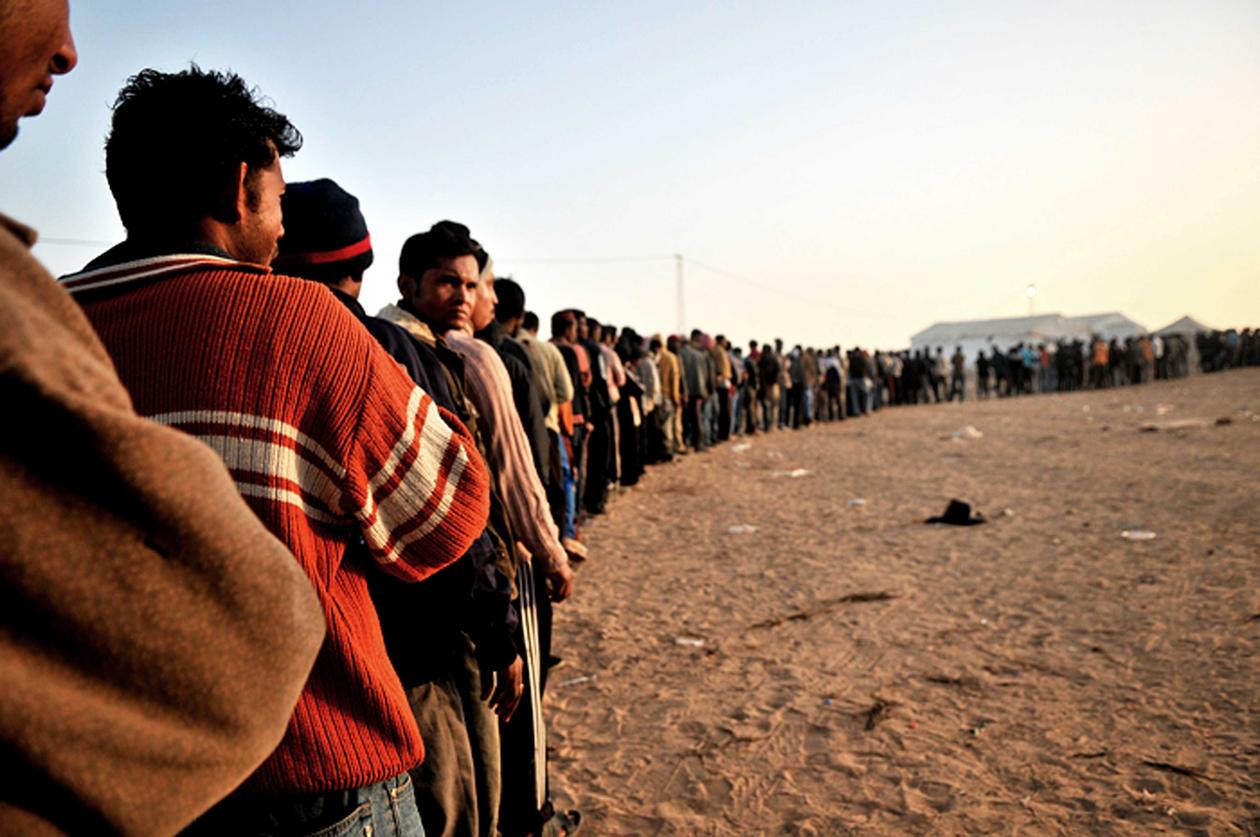BSRS 2012 Courses
Main content
BSRS 2012
Course 1
Course 1
Political Mobilization and Collective Action
Course leaders
Alf Gunvald Nilsen, Postdoctoral fellow, Department of Sociology, UiB
Knut S. Vikør, Professor, Department of Archeology, History, Cultural Studies and Religion, UiB
Marit Tjomsland, Associate Professor, Department of Health Promotion and Development, UiB
Course description
This thematic area has as its focus of attention the forms of political mobilization and collective action that are being developed by various migrant groups and communities across and beyond nation-state boundaries in the contemporary world-system. In particular, we will seek to address how the practices and discourses of resistance and assertion that have emerged among these groups challenge and transform collective identities, notions of political and social citizenship, processes of class formation and class-based politics, and extant modes and modalities of political mobilization.
Course 2
Course 2
Segregated Zones of Living: Refugee Camps, Asylum Centers, Ghettos
Course leaders
Are Knudsen, Senior Researcher, Chr. Michelsen Institute
Mette Andersson, Professor, Department of Sociology, UiB
Course description
In the modern world, global flows of voluntary and involuntary migrants have produced new forms of segregated zones of living whose main purpose is, as demonstrated by Michel Agier, “managing undesirables”. These new and old forms of incarceration are either enforced by outside agencies such as in the refugee camp, through systemic discrimination in the ghetto or by temporary detention and isolation in asylum centers. These are not traditional environments, but artificial “Nowherevilles” and “Non-Places” seeking to contain, manage and control surplus populations – those we do not need or cannot otherwise control. Typologically diverse, camps, ghettos and asylum centers are all marked by insecurity, surveillance and segregation where residents live in what could be called a “permanent state of emergency”. This also includes other forms of “biopolitical” spaces such as the hyperghetto, inner-city slums and (concentration) camps theorized by scholars such as Loïc Wacquant, Philippe Bourgois and Giorgio Agamben.
Course 3
Course 3
Rhetoric of Exclusion
Course leaders
Kjersti Fløttum, Professor, Department of Foreign Languages, UiB
Lene M. Johannessen, Professor, Department of Foreign Languages, UiB
Course description
The rhetoric of exclusion invariably originates in and with manifestations of borders, and hence consistently also turns on conceptions of inclusion – an order of non-belonging and belonging, of outside and inside, there and here. Borderization and the discourses the process generates take place in all spheres of the migratory, on multiple levels, and in various modalities: Social media, detention centers, the gravitas of assumed cultural/epistemological paradigms, the institutionalized discourses of law and foreign policy are all constitutive of as well as constituted by rhetoric of exclusion and inclusion.
Course 4
Course 4
Precarious Lives: The Law of States versus the Law of Peoples
Course leaders
Hakan Gurcan Sicakkan, Associate Professor, Department of Comparative Politics, UiB
Jessica Schultz, PhD Candidate, Faculty of Law, UiB
Course description
As the relations of power in which states' sovereignty and people's rights are entrenched have changed historically, and as they also continue to vary geographically, sovereignty as an empirical phenomenon and the repertoire of rights still appear in different forms. A major contemporary source of this variation is the tension between the rights categories that are held as universally valid and states' particularistic right to free reign in the constitution of social, cultural, political and economic relations. The ethical force of the law of peoples have now for decades defined, not only new rules of conduct for states about how to treat their own citizens, but also a new set of rights for aliens, resulting in a new legal and political context for interactions between states and individual aliens. This thematic area explores the tension between people's universal rights and states' sovereignty rights.
